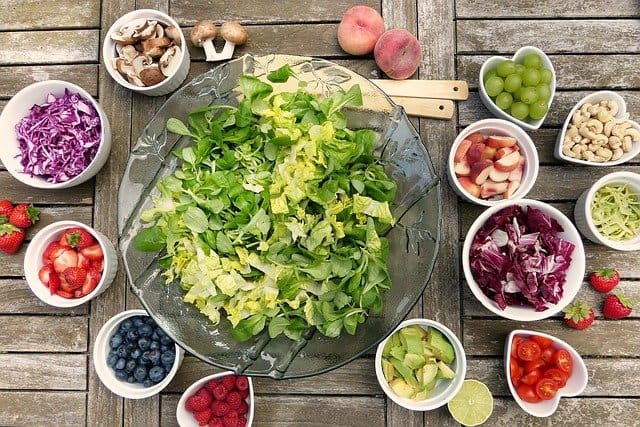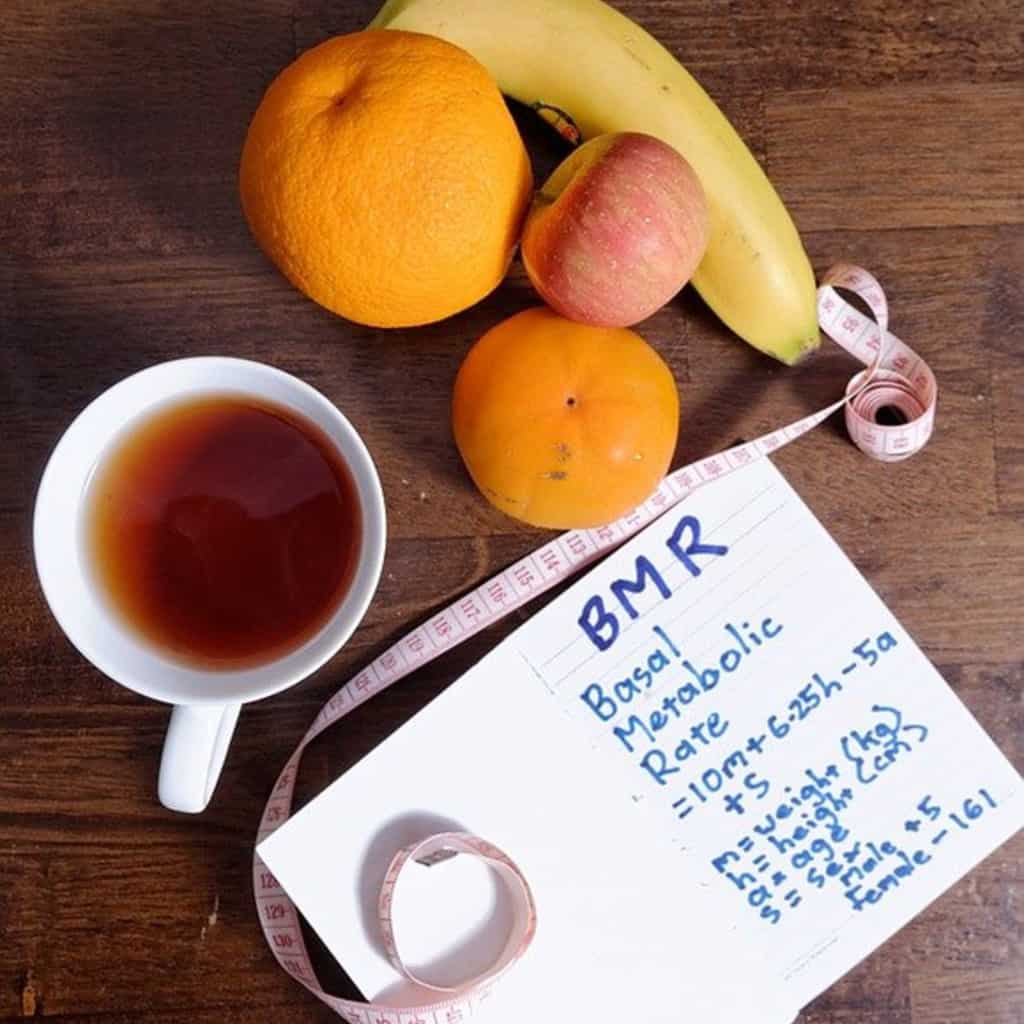So, you want to eat healthier and lose weight? That’s great! But what does that mean in terms of food? What do you need to change about your diet in order to get the most out of it? Well, here are a few tips on how to make your diet work for you.
1. Change your dietary habits

Eating a diet that consists of a few different food groups will provide your body with the vitamins, minerals, and nutrients it needs in order to be healthy. Limiting the number of carbs and fat you eat will help keep insulin levels low, which can promote weight loss. However, if you are trying to lose weight, you might want to consider a ketogenic diet. Many people use this diet to lose weight, but the keto diet can be used for other conditions like diabetes and epilepsy too. The diet consists of low-sugar foods, but many of the foods are high in fat. This diet can be called a low-carb diet because you should limit or eliminate carbs while you’re following this type of eating plan. It will not only aid in weight loss but also help you manage blood sugar, reducing the risk of developing insulin resistance and type 2 diabetes. Other benefits associated with ketogenic diets include an increase in HDL (good) cholesterol levels, decreased triglyceride levels, and improved mental clarity.
2. Eat more protein
Protein is made up of amino acids, which help repair cells and build muscle tissue. It also makes people feel fuller longer because it takes longer for the body to break down proteins into their component parts than fats or carbohydrates. Eating lean sources of protein like poultry without the skin, fish, beans, and tofu will help keep hunger at bay while building muscle mass. The most important component of protein is its amino acid content. Amino acids are the building blocks of protein, and they provide many benefits like restoring cells, building muscle mass, and hunger suppression. These benefits can’t be obtained from fats or carbs alone.
3. Eat foods with gut-healthy fibre
Eating foods high in fibre can help boost metabolism because the body uses more energy to digest them than it does for protein and fats. In addition, they provide many health benefits such as protecting cardiovascular health by removing harmful toxins from the digestive tract. A diet that includes gut-healthy foods is essential for good health. Eating these foods can help with weight loss and help reduce the risk of developing ulcers, leaky gut syndrome, and other digestive health issues. Good sources of fibre include raspberries, pumpkin, oats, and barley, lentils, beans, whole grains, and nuts that provide the gut with good microorganisms (i.e., probiotics). These foods help build your natural resistance to disease by promoting the growth of antioxidants and other helpful compounds in your digestive system.
4. Avoid simple sugars
“Simple” carbohydrates like white sugar and white flour are rapidly absorbed into the bloodstream, causing a quick spike in blood sugar levels followed by a sharp crash. These crashes can lead to fuzzy thinking, mood swings, fatigue, and cravings for even more sweets. Avoid these types of sugars by eating whole foods that are high in protein or fibre instead of processed foods that cause sugar spikes. If you want to avoid putting on weight and feeling sluggish, then it’s important to limit the amount of sugar in your diet as much as possible. Sugary foods like candy, soft drinks, and baked goods can put you at risk for obesity and type 2 diabetes. Instead, eat fresh fruits, whole grains, high-fibre cereals, and drink water to hydrate yourself.
5. Eat foods rich in Omega-3
Eating foods rich in omega 3 will not only boost your metabolism but also provide many health benefits such as reducing the risk of cardiovascular diseases or high blood pressure. The best way to get these nutrients is by eating foods rich in omega 3 instead of taking supplements because studies have shown that omega 3 supplements do not provide the same metabolic benefits as eating foods rich in Omega 3s. You can find Omega-3s in fish like salmon, sardines, and tuna, as well as certain nuts and oils like soybean oil.
6. Get adequate vitamin D
Vitamin D can be found in foods like egg yolks, salmon, and beef liver. It is also made by the human body after exposure to sunlight or UVB light (i.e., suntan beds). Vitamin D helps build strong bones by increasing calcium absorption into bone cells. It also boosts the metabolism by facilitating the release of calcium stored in fat cells and stimulates the breakdown of fat. And lastly, vitamin D helps regulate insulin levels, which means that your body will be better able to process sugar and other carbohydrates.
This article has provided you with six ways that can help increase metabolic rate by adjusting what and when you eat. By incorporating these changes into your daily routine, you will not only feel better but also lose weight without trying too hard! If this all sounds too difficult for you, don’t give up! It may take a little while to adjust your diet and lifestyle, but you will eventually start feeling better. You can do it!

